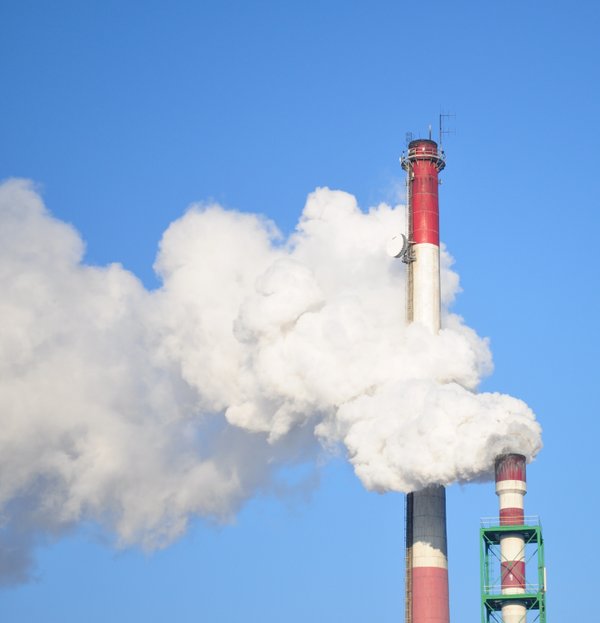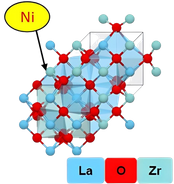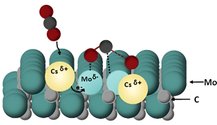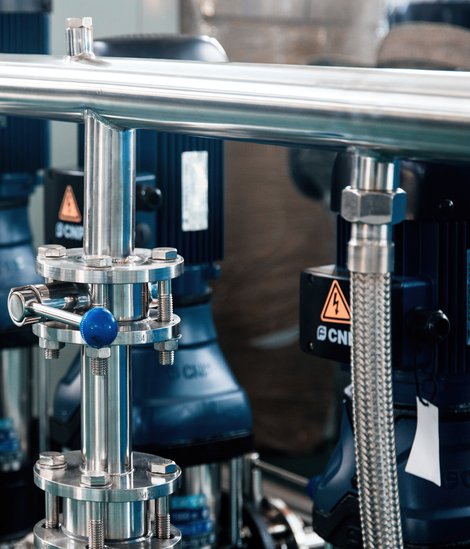Green Gas Catalyst
Providing a highly effective catalytic solution utilising greenhouse gases and producing high-value chemicals
About the Company
As a start-up company, we offer sustainable catalytic solutions for the energy and environmental industries. Our objective is to develop stable, economical, and highly effective catalysts with high CO2 conversions to control the CO2 utilisation processes for biogas-based plants and oil & gas companies. Innovate UK has awarded funding to our business to focus on the commercialisation of patented super catalysts.
Our Technologies
Catalysts Portfolio
Patented CO2 rich reforming catalyst
Advanced reverse water gas shift catalyst
Advantages
Economical
Costs 90% less compared to a catalytic formulation containing noble metals
High Efficiency
CO2 conversion greater than 82%
CH4 conversion greater than 77%
Potential Long Stability
No carbon deposition with minimal steam in the feedstock
Adaptable
Use this text block to fill in a description of this point on your numbered list
Patented CO2 Rich Reforming Catalyst
About
The University of Surrey and the University of Alicante collaborated to patent a solid oxide material that is affordable and effective for catalysing CO2-rich bi-reformation.
With the addition of minimal steam, the highly active catalytic material exhibits extraordinary resistance to carbon formation, prospecting the possibility of long-term stability. When compared to present market catalysts, the invention's catalytic components enable the prospect of hydrocarbon reformation being carried out in a significantly less energy-intensive and more feedstock-efficient manner.A distinct opportunity exists for reforming biomethane, which is composed of CH4, CO2, and H2O, to produce an intermediary "form gas" without separating the CO2 or using precious metal catalysts, which are 3–4 orders of magnitude more expensive than our LNZO catalysts. Along with the filing of patent applications in the US and EU, this invention received an international patent, WO 2018/167467 Al, in 2018.
In an article titled “Cost-effective ‘supercatalyst’ recycles CO2 and CH4”, the Chemical Engineer Magazine presented our technology. Press releases about this catalyst can be found here on Surrey News.
About
For the RWGS reaction, our team created caesium-promoted transition metal carbide (TMC) catalysts for chemical CO2 upgrading via the RWGS reaction. Compared to an available catalyst, the proposed design is highly resistant to oxidation and does not require passivation. Technology is promising for integrating RWGS and syn gas upgrading units in the future due to the 100% CO selectivity at low temperatures of 500 to 550°C and strong CO2 conversion. As an illustration, consider methanol synthesis and FTS, which typically create methanol and fuel between 150 and 300 °C. Additionally, because the catalyst is entirely CO-selective, the downstream product separation step can be eliminated, resulting in cost savings.
Reference:
- Zhang, L. Pastor-Pérez, W. Jin, S. Gu, T.R. Reina, Understanding the promoter effect of Cu and Cs over highly effective β-Mo2C catalysts for the reverse water-gas shift reaction, Applied Catalysis B: Environmental, Volume 244, 2019, 889-898.





